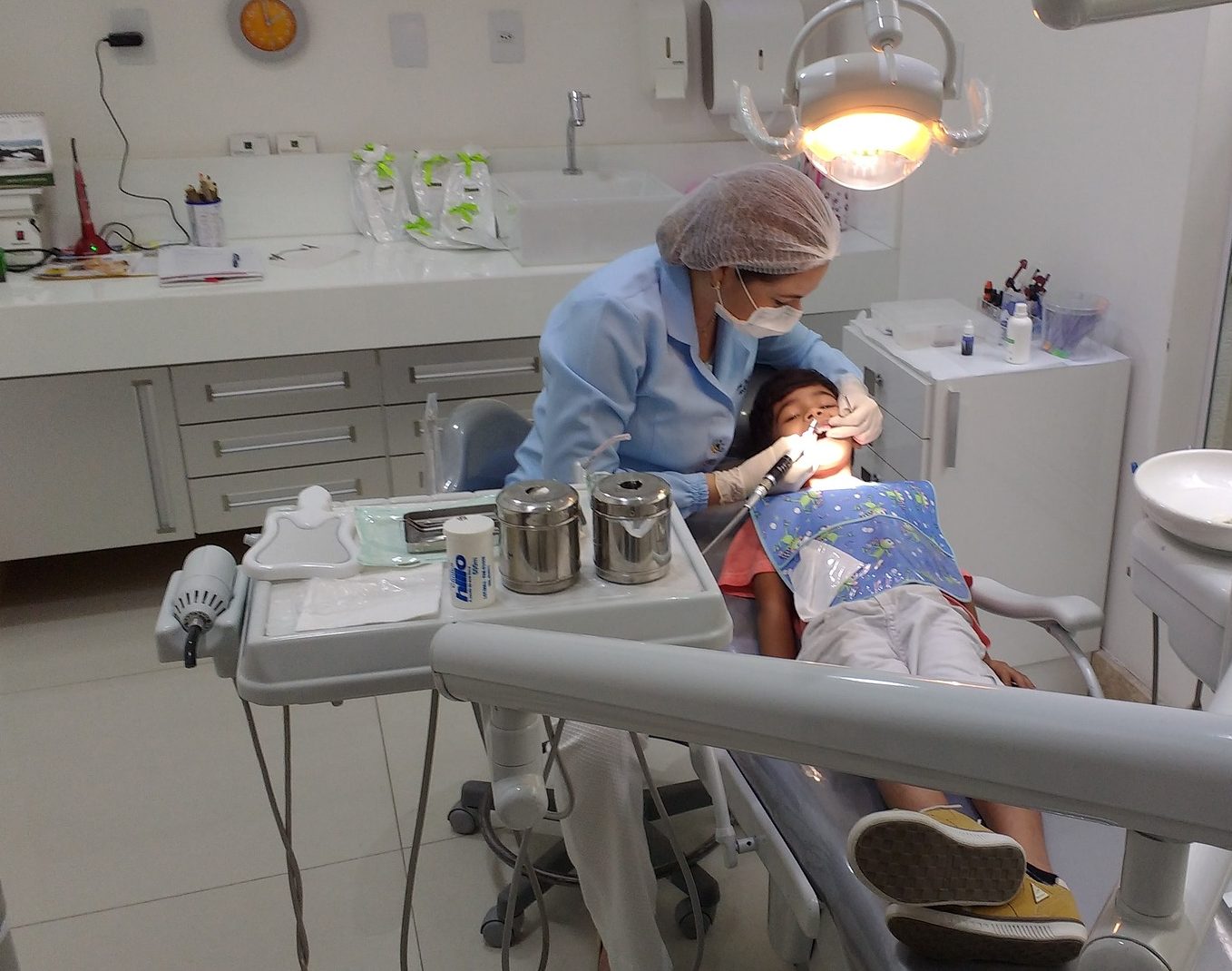
Immigrants to the United States who are not citizens are more likely to have worse oral health compared to natives and naturalized citizens, according to new research published in the Journal of the American Dental Association.
The study, conducted by a team of researchers at the University of Nebraska, University of Wisconsin, City University of New York and University of Alabama, looked at national survey data on oral health. The researchers analyzed information collected on 4,520 adults who received a dental exam. The analysis focused on associations between citizenship status and whether patients received recommendations to visit a dental professional, had cavities or periodontal disease.
The researchers point out that the 1996 Personal Responsibility and Work Opportunity Reconciliation Act, which prohibits the federal government from funding Medicare, Medicaid and other programs to cover undocumented immigrants, limits their access to medical assistance. And while some states offer access to these programs regardless of immigration status, dental care generally is not part of this coverage. With these facts in mind, the researchers sought to identify the extent to which differences in oral health, which is important not only in its own right, but also as an indicator of broader physical health, exist along the lines of citizenship status.
They found:
- Over half of noncitizens had periodontal disease and nearly 40 percent had cavities. By contrast, 34 percent of native citizens had periodontal disease and 27 percent had cavities. On average, the noncitizen group was seven years younger than the natives studied.
- Adjusting for a number of factors, including smoking status and number of permanent teeth, noncitizens still had higher odds of periodontal disease and were more likely to receive a recommendation to visit a dentist.
- Naturalized citizens were not significantly more likely to have periodontal disease or cavities than natives.
- Insurance might be a mitigating factor with respect to these disparities — after adjusting for insurance status, differences between natives and noncitizens were no longer significant. In the pool studied, over half of the noncitizens did not have any health insurance.
- The researchers conclude that immigration reform might lessen disparities, since citizens have broader access to federal and state medical assistance.
- A limitation of the study is that the dataset does not offer information on the patients’ past dental exams or clinical history. The researchers write this lack of information makes it impossible to trace the factors that contribute to disparities in oral health.
For more research on disparities and health equity, we have written about hepatitis C, asthma and medical interventions in non-traditional settings.
